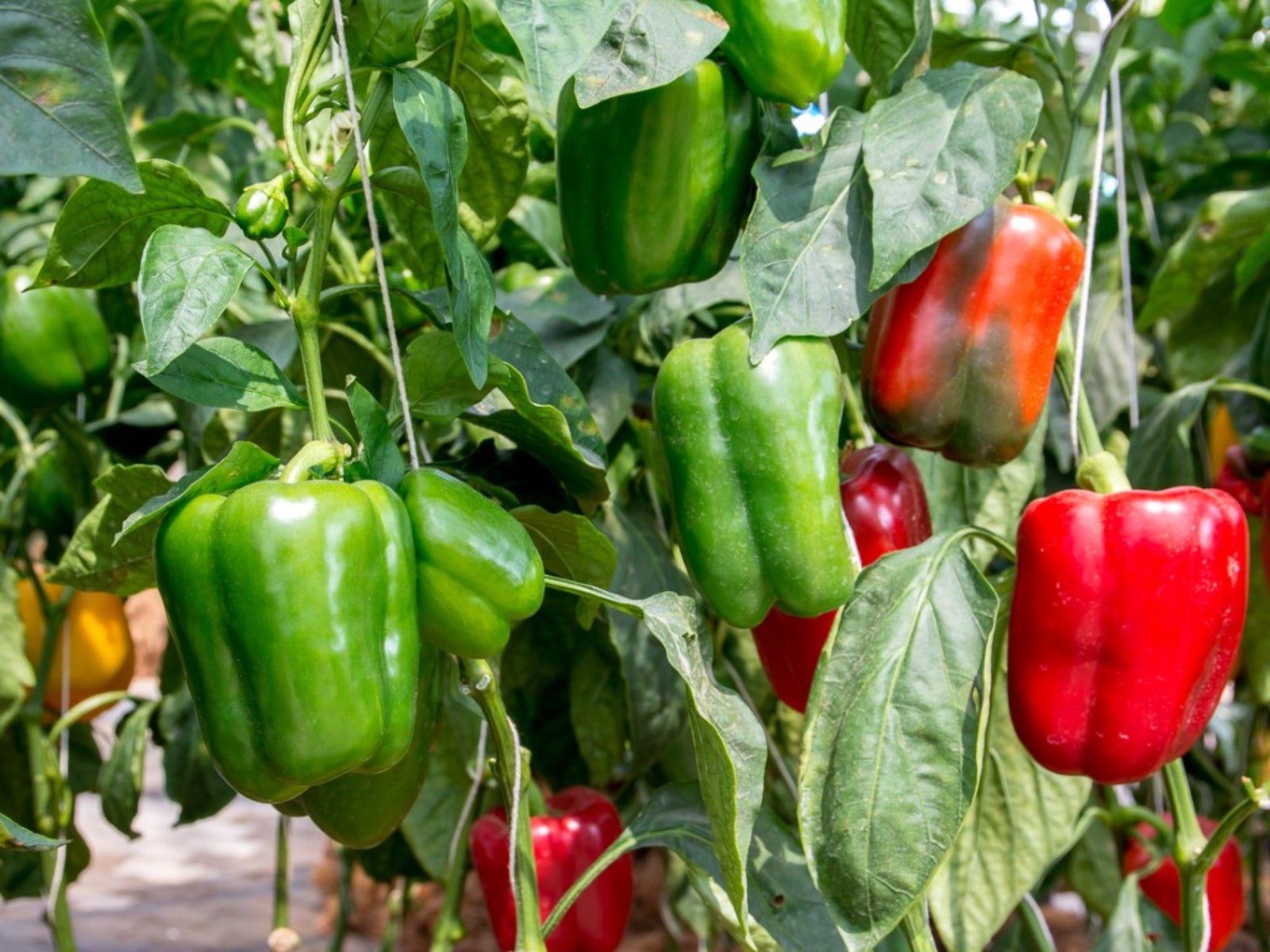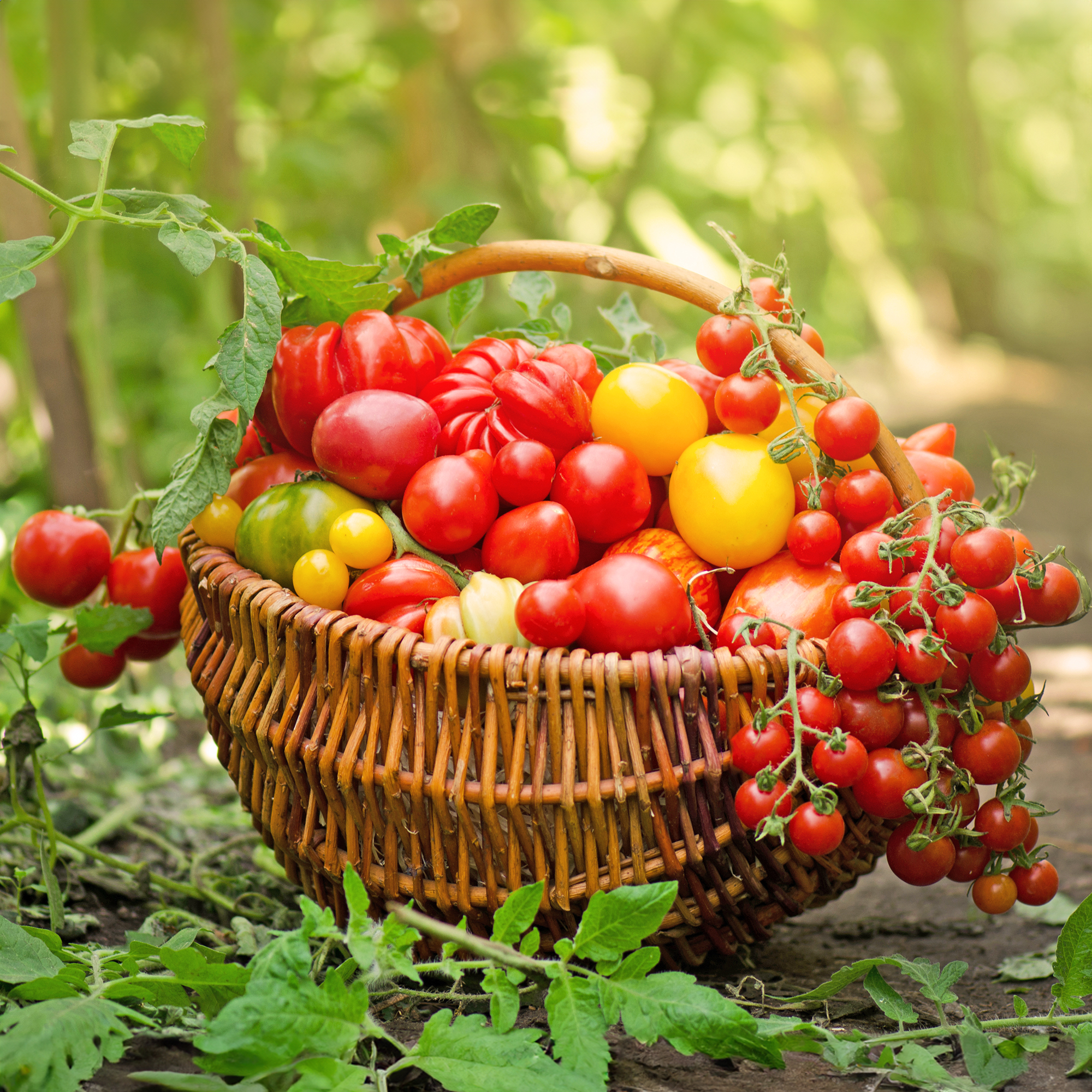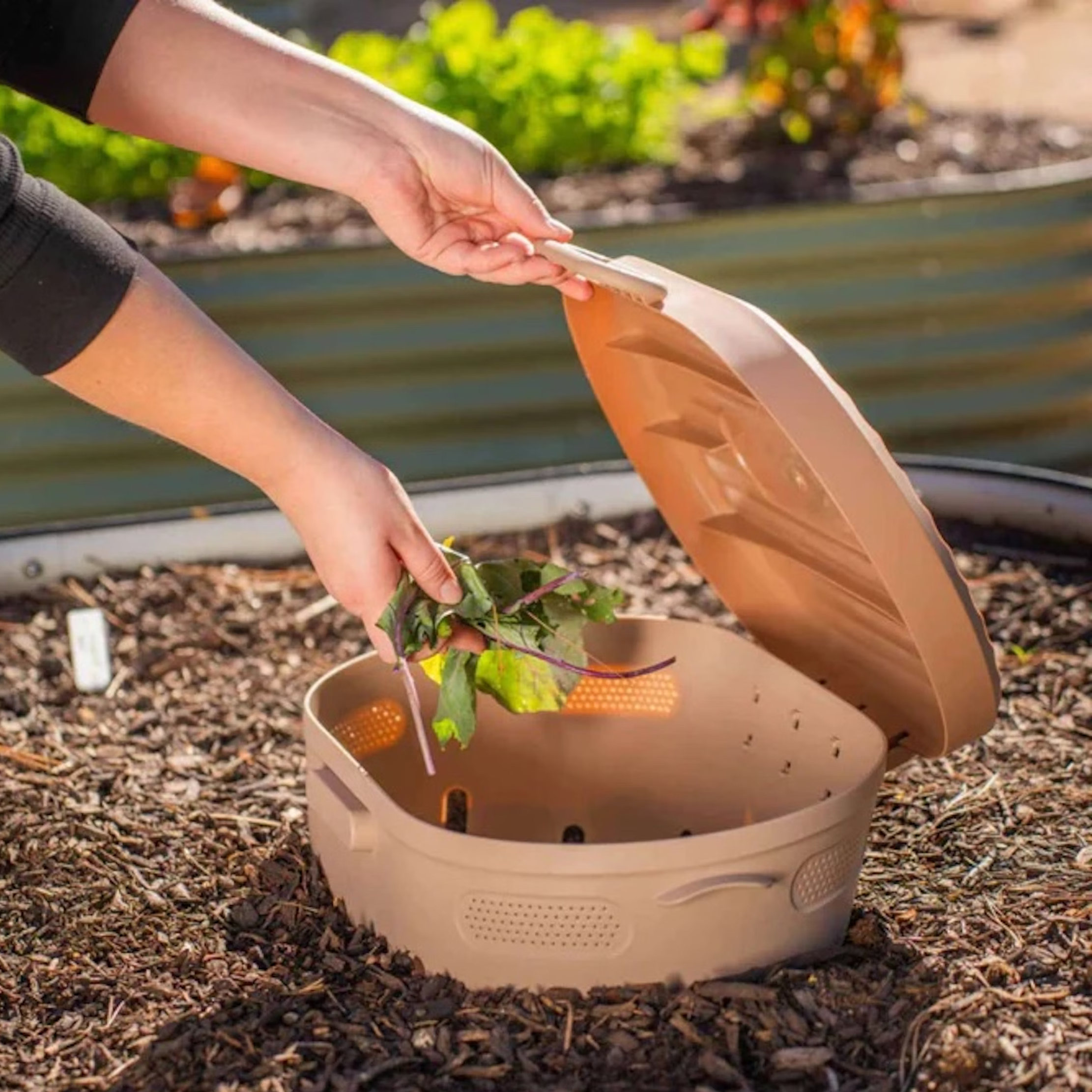Tips To Stop Sunscald On Pepper Plants


We all know that plants need sun to produce plant sugars or carbohydrates for food through photosynthesis. They also need the warmth the sun creates for best growth. However, even the most heat seeking plant can get too much of a good thing. Pepper sunscald is common when the plants are forming fruit in the late summer heat. Sunscald on pepper plants can cause the fruit to get woody and tough and ruin it cosmetically.
What is Pepper Sunscald?
Sunscald on peppers occurs in the high heat of summer when humidity is at a peak. The pepper is not the only fruit affected. Tomatoes are also commonly scalded, and many tree fruits are also at risk. Usually the foliage on the pepper plant will help shield it from the most intense rays of the sun, but in some cases, the leaves have defoliated partially due to insects or disease. This leaves the developing fruit vulnerable to the sun and the peppers burn just like you or I would in exposed conditions.
Effects of Sunscald on Peppers
Sunscald on pepper plants primarily affects the fruit, although the foliage may get white streaks and dry edges. The fruit will crack and split where the scald occurs. White scars of tougher tissue are formed at the burned sites. In immature peppers, the affected areas are light green. The areas can also appear dry and sunken, however, the cracking can allow bacteria or fungi into the fruit. In these cases, the fruit will soften and the burnt areas will become rotten. Remove any fruit that has been affected before it gets soft and usually it is fine to use.
Preventing Sunscald on Pepper Fruit
There are some pepper varieties that are resistant to sunscald. Planting these will reduce the chance that the peppers get damaged. Providing optimum pest control is another way to reduce the problem. Defoliation amplifies the sun's effects. Watch for pests and begin a treatment program right away. Fertilize with an organic fertilizer prior to fruit set and after fruit set for better leaf growth to shade the peppers. Preventing sunscald on pepper fruit may require mechanical intervention. Row covers or forms erected with shade cloth have the ability to deflect much of the intense light and protect the plants from pepper sunscald. Most of the damage on sunscalded peppers is cosmetic and the fruit is perfectly good to eat. You may want to pare out the affected areas, especially where the fruit has gone mushy or is tough. Sometimes only the skin has been damaged and you can roast these peppers and pull off the skin. The best thing to do is catch the problem early and apply whatever measure you choose to protect the rest of the crop. As vegetable garden problems go, however, sunscald on peppers is a relatively small issue and usually only results in ugly fruit.
Gardening tips, videos, info and more delivered right to your inbox!
Sign up for the Gardening Know How newsletter today and receive a free copy of our e-book "How to Grow Delicious Tomatoes".

Bonnie Grant is a professional landscaper with a Certification in Urban Gardening. She has been gardening and writing for 15 years. A former professional chef, she has a passion for edible landscaping.
-
 Types Of Tomatoes Explained: Explore The Many Wonderful Shapes, Colors, Flavors, & Best Uses
Types Of Tomatoes Explained: Explore The Many Wonderful Shapes, Colors, Flavors, & Best UsesThe world of tomato varieties is vast and fascinating. Learn about the key types to grow in your garden, tailored to your preferences and space.
By Amy Grant
-
 Try The Trend – Turn Any Bed Into A Keyhole Garden With This Clever In-Ground Composter
Try The Trend – Turn Any Bed Into A Keyhole Garden With This Clever In-Ground ComposterKeyhole gardening is an efficient and sustainable practice that saves space. Get started on this DIY project quickly and easily with an in-ground composter.
By Bonnie L. Grant